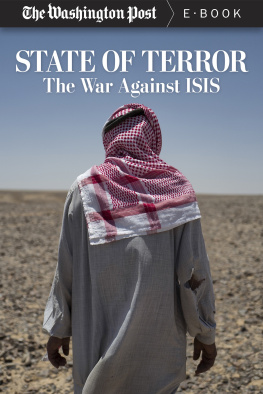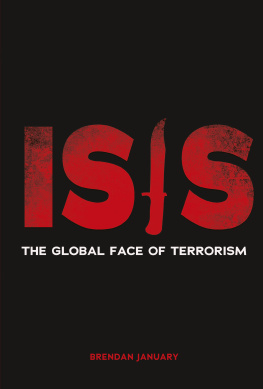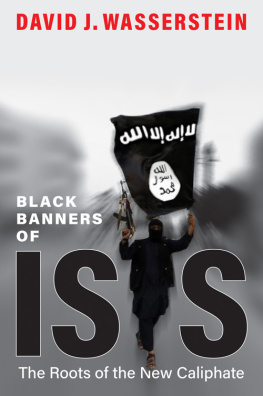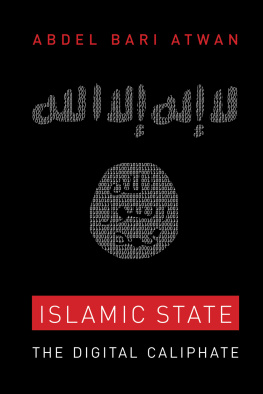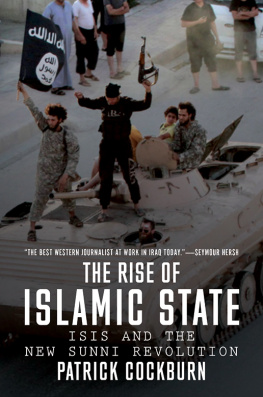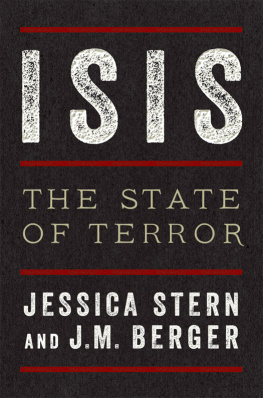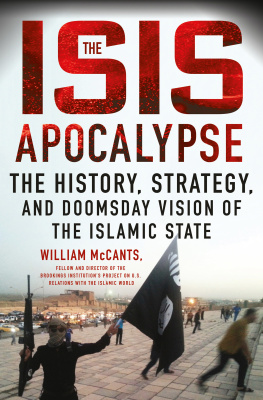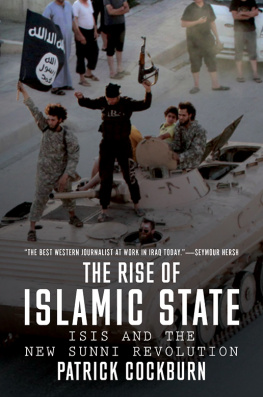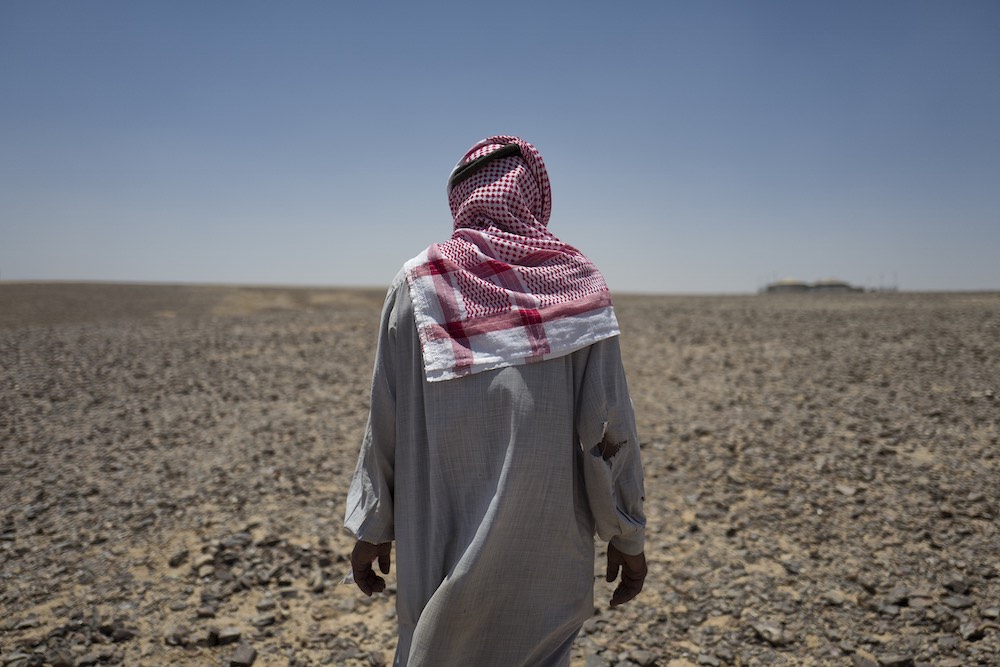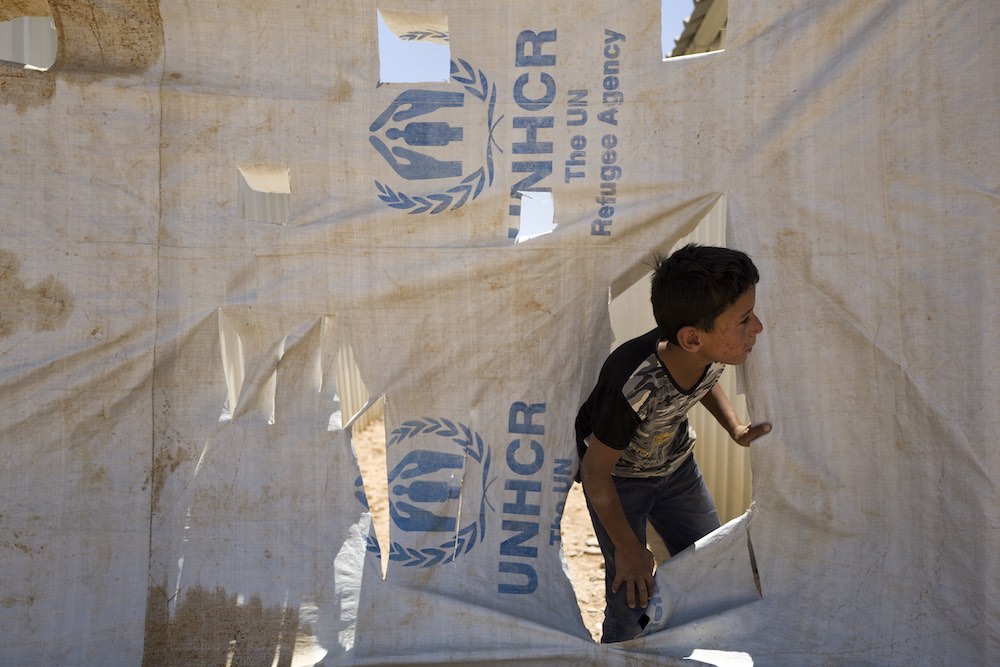LIFE IN THE ISLAMIC STATE
Spoils for the rulers, terror for the ruled
By Kevin Sullivan
October 1, 2015
Yassin al-Jassem fled to Jordan from militant-controlled Tibni, Syria. Islamic State propaganda promises paradise, but life in the caliphate is actually filled with violence, shortages of basic needs and terror for women living under the militants.
The white vans come out at dinnertime, bringing hot meals to unmarried Islamic State fighters in the city of Hit in western Iraq.
A team of foreign women, who moved from Europe and throughout the Arab world to join the Islamic State, work in communal kitchens to cook the fighters dinners, which are delivered to homes confiscated from people who fled or were killed, according to the citys former mayor.
The Islamic State has drawn tens of thousands of people from around the world by promising paradise in the Muslim homeland it has established on conquered territory in Syria and Iraq.
But in reality, the militants have created a brutal, two-tiered society, where daily life is starkly different for the occupiers and the occupied, according to interviews with more than three dozen people who are now living in, or have recently fled, the Islamic State.
Foreign fighters and their families are provided free housing, medical care, religious education and even a sort of militant meals-on-wheels service, according to those interviewed. The militants are paid salaries raised largely from taxes and fees levied on the millions of people they control, in an arc of land as big as the United Kingdom.
Those whose cities and towns are held by the Islamic State said they face not only the casual savagery of militants who behead their enemies and make sex slaves out of some minority women but also severe shortages of the basics of daily life.
Many residents have electricity for only an hour or two a day, and some homes go days without running water. Jobs are scarce, so many people cant afford food prices that have tripled or more. Medical care is poor, most schools are closed, and bans on most travel outside the Islamic State are enforced at gunpoint.
Over the past two years, the militants have produced a torrent of startlingly sophisticated online propaganda that has helped persuade at least 20,000 foreign fighters, many with families, to come from as far away as Australia. The campaign, largely distributed on YouTube and social media, depicts a place filled with Ferris wheels and cotton candy, where local families cheerfully mingle with heavily armed foreigners.
But local people interviewed said their daily lives are filled with fear and deprivation in the Islamic State caliphate, governed by the militants extreme version of Islamic sharia law.
We went back to the Stone Age, said Mohammad Ahmed, 43, a former Arab League worker from Deir al-Zour, a town near Raqqa, the militants self-proclaimed capital in northern Syria.
We used to have a beautiful house with marble and ceramic floors, said Ahmed, who fled his home in June and now lives alongside 20,000 other Syrians in Jordans Azraq refugee camp. All our lives, we had everything we needed. Then, when they came, we were cooking over a fire outside and washing our clothes in a bucket.
Several of those interviewed said the Islamic State was actually less corrupt and provided more efficient government services, such as road construction and trash collection, than the previous Syrian and Iraqi governments. In Iraq, some said, the Sunni Islamic State militants treated them better than the Shiite-dominated central government in Baghdad. But none of those interviewed said they supported the militants, and all said efficient government did not excuse the groups brutal and fanatical behavior.
We hate them, said Hikmat al-Gaoud, 41, the former mayor of Hit, who fled in April and now divides his time between Baghdad and Amman, Jordan.
The Islamic State came to power in the wake of years of fighting in Syria and Iraq that already had shattered many public institutions. But people interviewed said the Islamic State had made the damage worse, in ways that could be felt for decades to come reversing gains in public education, ruining the medical infrastructure, establishing a justice system based on terror, and exposing a generation of children to gruesome and psychologically devastating violence.
For women, living in the Islamic State homeland often means being subjected to a virtual assembly-line system for providing brides to fighters, or sometimes being abducted and forced into unwanted marriages.
Many who were interviewed gave only their first name or declined to be identified at all, for their own safety and the security of their family members still living under Islamic State control. They were interviewed via Skype or telephone calls from Syria and Iraq, or in person in Iraq, Turkey and Jordan.
Those who spoke from inside areas controlled by the Islamic State did so at great peril, saying the militants closely monitor Internet access. They agreed to speak so that they could tell their story of life inside the Islamic State caliphate.
Nearly everyone interviewed said they had witnessed a beheading or another savage punishment. It is virtually impossible to independently verify these accounts, just as it is impossible to verify the claims in much of the propaganda material put out by the Islamic State. The militants almost never allow journalists or other observers inside their territory, and they have posted video of the beheadings of several they have captured.
The interviews, conducted over several months, were arranged largely at random or through long-established contacts in the region. Although several activists were among those interviewed, The Washington Post did not rely on activist groups to provide interview subjects. At the Azraq camp, Post reporters reviewed records of arrivals and sought out those who had come recently from militant-controlled areas. Many of the interviews lasted two hours or longer.
A young boy in the Azraq refugee camp in the Jordan desert, where about 20,000 Syrians have taken shelter.
The militants control small farming communities and large urban areas, including Mosul, an Iraqi city with a population of more than 1 million people. The Islamic States policies differ somewhat in each area, so there is no single, uniform way of life; but in the interviews, consistent themes emerged about women, health, education, justice and the economy in the Islamic State.
Women must be fully veiled and can be whipped for leaving the house without a male-relative escort. Many simply stay at home for fear of being picked up on the street and forced to marry a foreign fighter.
Hospitals are usually reserved for foreign fighters and are staffed by doctors who have come from as far as Britain and Malaysia. Local people are forced to seek care in ill-equipped clinics, which have expired medications and poorly trained staff.
In some places, the Islamic State has shut down cellphone service and Internet access. Where it still exists, the militants try to control it closely. They have set up Internet cafes that have become centers for propaganda, where recruiters encourage young people around the world to leave their homes and come to the Islamic State. They have persuaded about 200 Americans some still in their teens in Chicago, Denver, Minneapolis and other U.S. cities to try to come to Syria. Most were arrested before reaching their destination, according to U.S. law enforcement officials.

